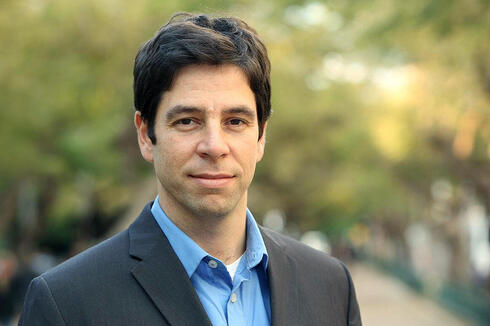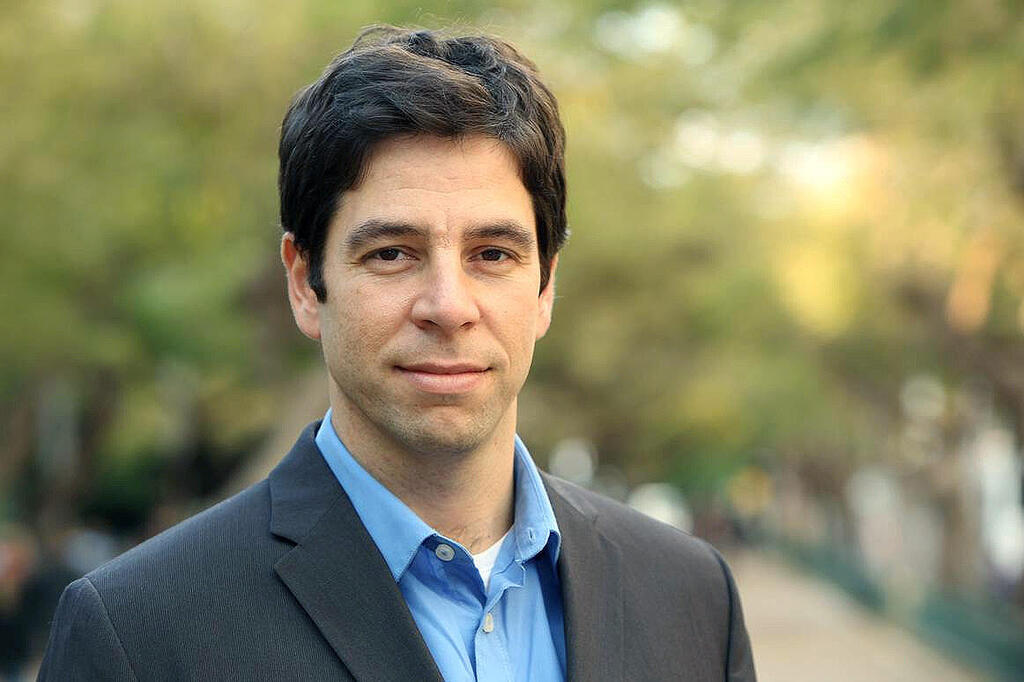
Gauzy IPO prospectus reveals just $4.7 million in cash reserves and $79 million loss in 2023
The prospectus shows that the company's revenues in 2023 jumped by 59% to $78 million, but its bottom line loss more than doubled to $79.3 million
Israeli nanotech startup Gauzy has submitted a public prospectus to the U.S. Securities and Exchange Commission to raise $75 million in a stock offering. Gauzy's plans were first revealed by Calcalist last week. Barclays, TD Cowen and Stifel are underwriting the IPO, which is expected to take place during the second quarter of the year, that is, in the next two and a half months.
Gauzy already submitted a confidential prospectus in the first half of 2022, but the offering did not mature then. The ambition at the time was to carry out the IPO at a value of $600 million, and it seems that this time the company will have to settle for a lower value of $400-500 million.
The prospectus shows that the company's revenues in 2023 were $78 million, a significant jump of 59% compared to 2022 when revenues were $49 million. While the company doubled the gross profit from $9.7 million to $19.9 million in 2023, at the operational level, it is still losing money, with $32 million in losses in 2023, as in 2022. However, the loss in the bottom line in 2023 was significantly greater, standing at $79.3 million compared to $32.9 million in 2022, mainly due to a jump in financing expenses to $47.1 million compared to only $5.5 million in 2022. The EBITDA was also negative in 2023, standing at $20.7 million compared to $20 million in 2022.
Gauzy was founded in 2010 by Eyal Peso, who serves as CEO, Adrian Lofer, who serves as CTO, and Dmitry Dobrenko. The company has developed smart glass, which allows for the control of the shading level of the glass in vehicles or buildings. Among its customers are manufacturers of windshields for vehicles, television manufacturers, and more, including the South Korean corporation LG, which was helped by Gauzy to develop a transparent TV screen. Other clients include car manufacturers BMW, Hyundai - which also invested in the company; Mercedes - which was the first to purchase Gauzy's product; Texas Instruments; and the aircraft manufacturer Airbus.
Gauzy had long-term commitments of $113 million in 2023, which the company warns could affect its ability to raise capital. Last November, it received a credit line of $60 million, of which $25 million has been used to date. The credit agreement is conditional on Gauzy's cash reserves containing no less than $1.5 million. But the outstanding issue is the cash in its account, which stood at only $4.7 million at the end of 2023, illustrating the urgent need for fundraising. Another prominent point: the total salary cost of the company's nine senior executives in 2023 was only $1.8 million.
Gauzy estimates the international market for smart glass at $44 billion in 2023, but in the forecast for the coming years, it predicts a 25% increase in 2024 to a market of $55 billion and in 2028 it expects a global market of $124 billion. It sees the main growth in the markets for vehicles and glass for buildings.
The materials on which Gauzy's Light Controlled Glass technology is based are PDLC (polymer dispersed liquid crystal) and SPD (suspended particle device) that allow internal and external vehicle glass to be an active material that supports full shading and glare mitigation, temperature control, infotainment, advertising, and vehicle-to-vehicle and vehicle-to-pedestrian messaging. The technology prevents glare, allows privacy in the car and in bathrooms, and can even make a refrigerator door transparent.
In 2022, Gauzy purchased the company Vision Systems for about $60 million. The French company specializes in ADAS (advanced driver assistance systems), APAS (advanced passenger assistance systems), and shading products for the aviation and automotive industries. For the purpose of the purchase, Gauzy raised a similar amount from a number of investors, mainly venture capital funds and private investment funds such as IBEX, Olive Tree VC, Blue Red Partners, Waarde Capital, and Avery Dennison. New investors included Walleye Capital and 3A Capital. Gauzy has raised a total of $125 million to date.
Gauzy runs production facilities in Lyon, France, in Florida, Israel, and Germany, and has 14 offices around the world. The company employs 480 people, of which 180 are production workers.















